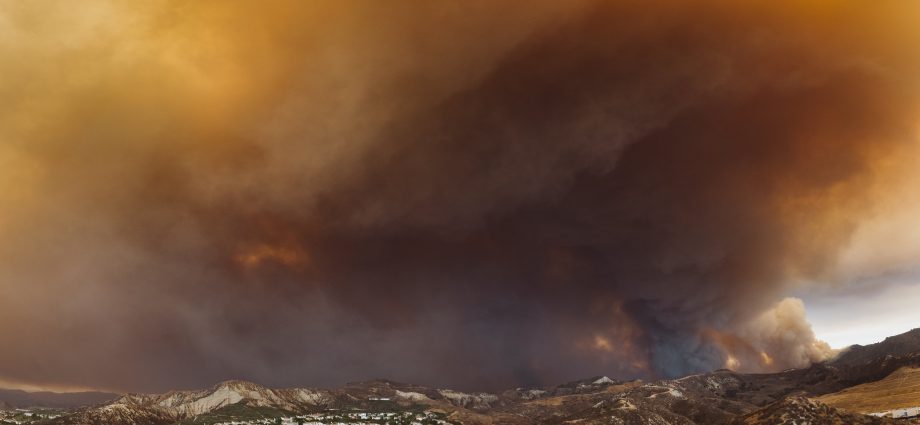TUESDAY, Dec. 5, 2023 (HealthDay News) — Unhealthy air from wildfires is causing hundreds of additional deaths in the western United States every year, a new study claims.
Wildfires have undercut progress made in cleaning America’s air, and between 2000 and 2020 caused an increase of 670 premature deaths each year in the West, researchers report Dec. 4 in The Lancet Planetary Health journal.
“Our air is supposed to be cleaner and cleaner, due mostly to EPA regulations on emissions, but the fires have limited or erased these air-quality gains,” said lead researcher Jun Wang, chair of chemical and biochemical engineering at the University of Iowa.
“In other words, all the efforts for the past 20 years by the EPA to make our air cleaner basically have been lost in fire-prone areas and downwind regions,” Wang added in a university news release. “We are losing ground.”
For this study, researchers calculated the concentration of airborne black carbon, a fine-particle air pollutant linked to respiratory and heart disease, across the continental United States.
For their calculations, researchers used an AI program to analyze air quality data from satellites and ground-based stations. Premature deaths were calculated using a formula that took into account average lifespan, black carbon exposure and population density.
“This is the first time to look at black carbon concentrations everywhere, and at one-kilometer resolution,” Wang says.
They found that black carbon concentrations have been rising 55% on an annual basis in the western United States, mostly due to smoke from wildfires in that region or drifting south from Canada.
The researchers said the estimated increase of 670 premature deaths a year is likely conservative.
“Wildfires have become increasingly intensive and frequent in the western U.S., resulting in a significant increase in smoke-related emissions in populated areas,” the researchers wrote. “This has likely contributed to a decline in air quality and an increase in attributable mortality.”
Wildfires have also affected air quality in the Midwest, but direct effects on health appear to be minimal for now, Wang said.
“We are on the borderline,” Wang said. “If fires increase or become more frequent, our air quality will get worse.”
The eastern United States had no major declines in air quality during the 2000-2020 period. However, the study data did not include the Canadian wildfires that choked New York City and other eastern locales with smoke earlier this year.
More information
The CDC has more about protecting yourself from wildfire smoke.
SOURCE: University of Iowa, news release, Dec. 4, 2023
Copyright © 2026 HealthDay. All rights reserved.

